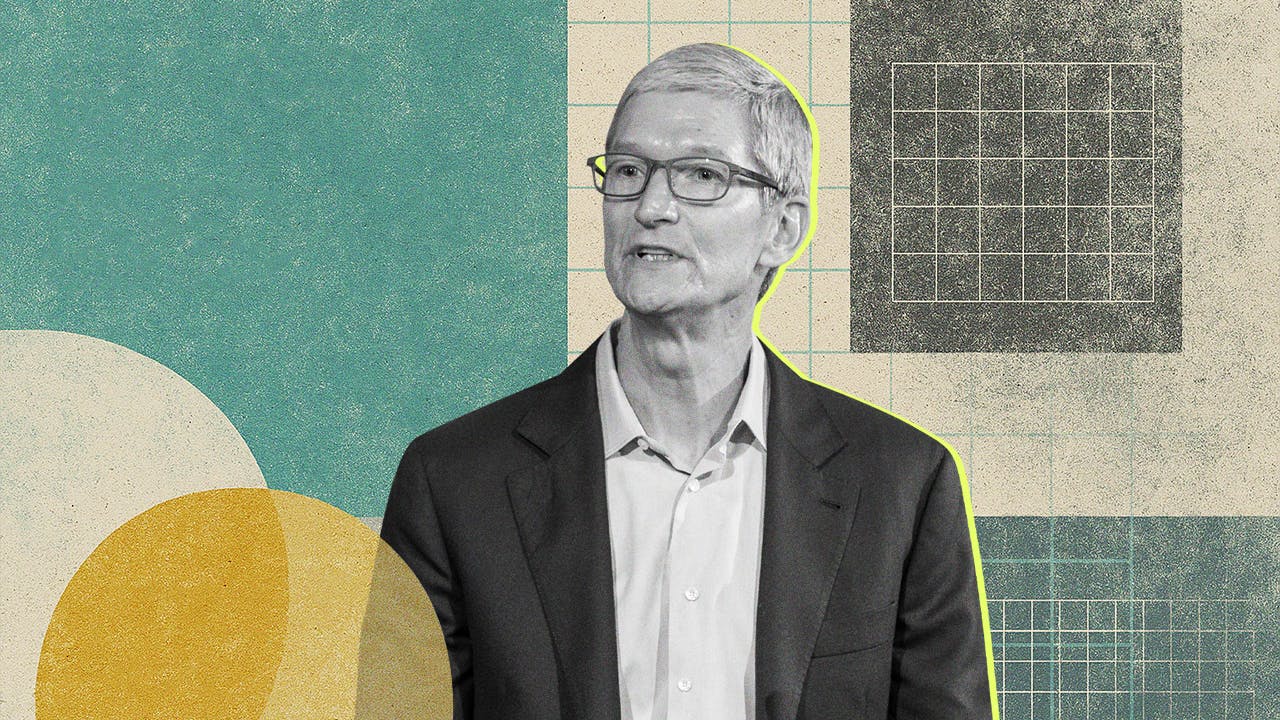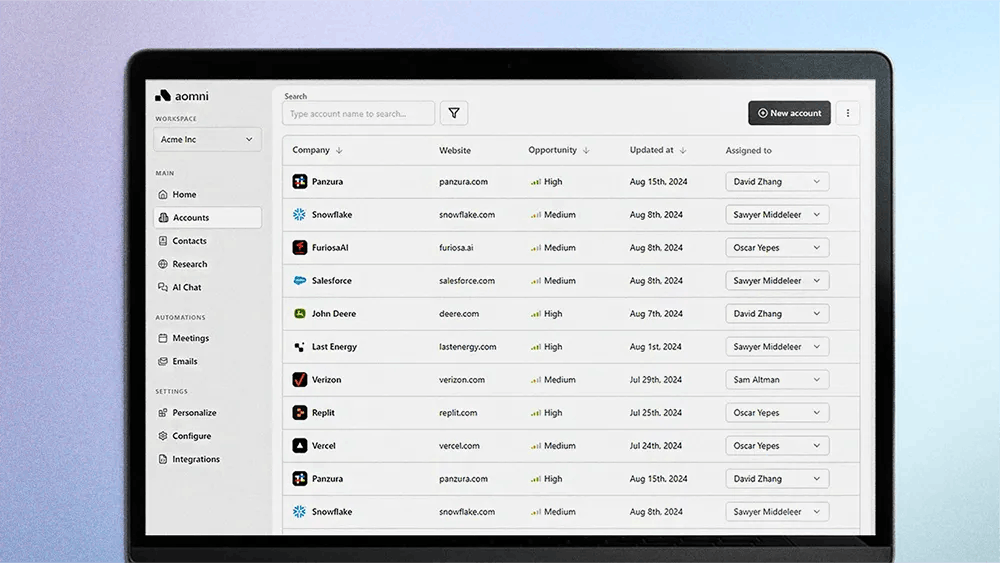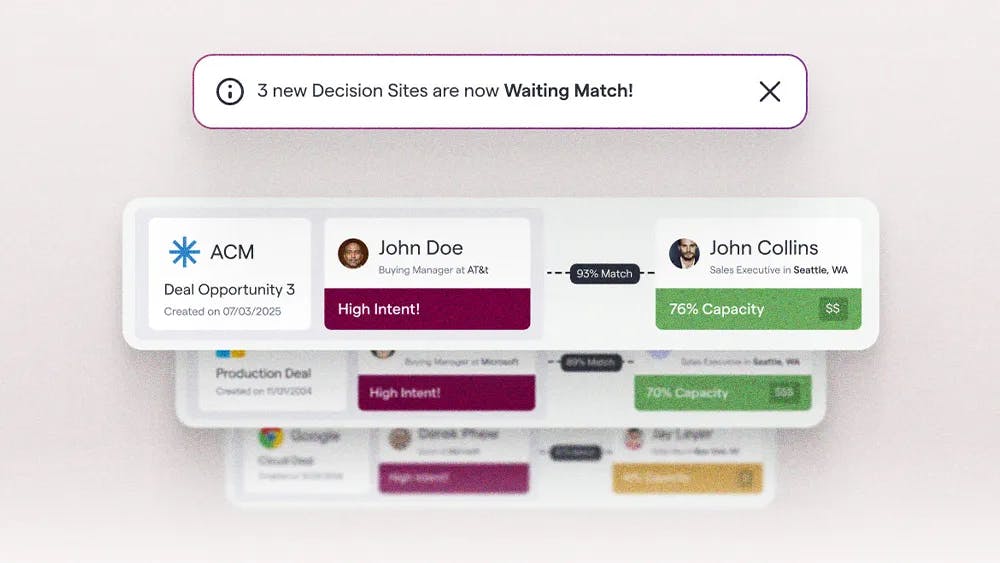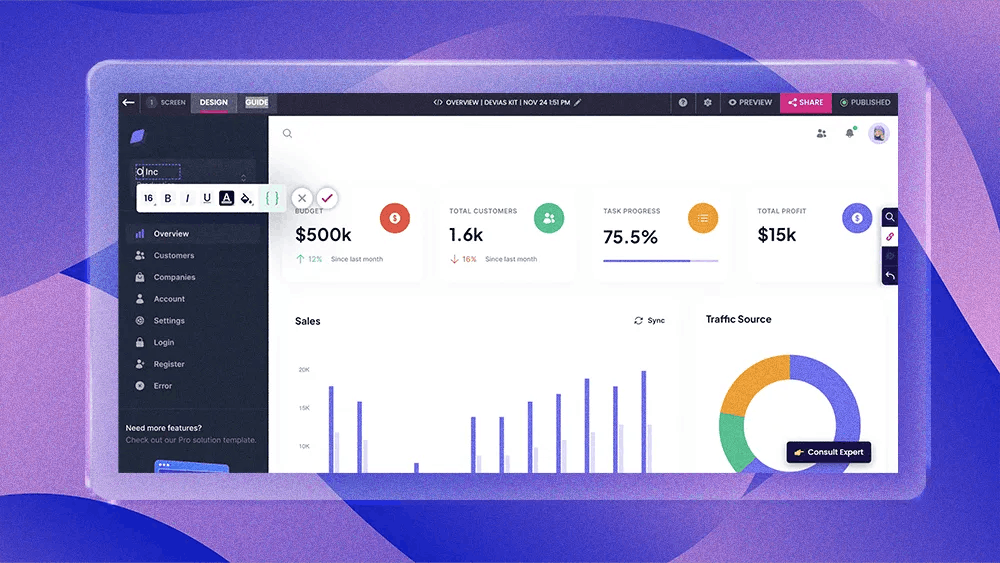Apple wrote the rules because they controlled the infrastructure, forcing apps onto the only storefront that drove significant business while taking hefty margins.
But a recent judicial decision cracks open that control in the US, potentially unleashing new monetization opportunities and significant margin relief for developers.
Apple found to curb anticompetitive practices: A U.S. federal judge found the company in civil contempt for willfully violating a 2021 court order designed to curb anticompetitive practices in its App Store. Judge Yvonne Gonzalez Rogers ruled that Apple failed to comply with an injunction stemming from its long-running antitrust battle with Epic Games, calling Apple's subsequent actions a "gross miscalculation" intended to preserve its lucrative revenue stream. The judge ordered immediate compliance, stating, "This is an injunction, not a negotiation."
Circumvention strategy backfires: After the 2021 injunction barred Apple from prohibiting developers from linking to external payment options, Apple proposed a system that included a 27% commission on those external purchases – only slightly less than its standard 30% cut. Judge Rogers found this, along with other restrictions like "scare screens" designed to deter users, was an attempt to "thwart the Injunction's goals" and maintain anticompetitive barriers, according to court documents cited by multiple outlets.
Immediate relief for US developers: Effective immediately, Apple is barred from imposing any commission on purchases made via external links originating from US iOS apps. It also cannot restrict the placement, formatting, or language of these links, nor can it interfere with the user's journey beyond a neutral notice, as detailed in the ruling. This forces Apple to allow competition for payments initiated via external links from within iOS apps.
Margin boost and monetization freedom: For developers, this unlocks significant financial and strategic advantages within the US market, according to analysis from app business platform RevenueCat. Developers can now keep the 15-30% commission previously paid to Apple on sales driven through external web checkouts, directly boosting margins. They gain the freedom to implement custom payment solutions (like Stripe or Paddle via their websites), A/B test different purchase flows, offer flexible pricing and promotions previously disallowed by Apple, and build direct customer relationships by capturing data outside Apple's ecosystem.
Criminal probe looms: Underscoring the severity, Judge Rogers referred Apple and its Vice President of Finance, Alex Roman, to federal prosecutors to investigate potential criminal contempt charges. The judge accused Roman of testimony "replete with misdirection and outright lies" during evidentiary hearings and stated Apple "outright lied under oath" in what she termed an "obvious cover-up". Internal documents cited in the ruling suggested CEO Tim Cook ignored advice from executives to comply, instead favoring CFO Luca Maestri's approach to maintain commissions. "Cook chose poorly," the judge wrote.
Epic declares victory, Apple plans appeal: "Fortnite" maker Epic Games, the plaintiff whose lawsuit led to the original injunction, hailed the decision. CEO Tim Sweeney announced plans to return Fortnite to the US iOS App Store "next week" and proposed a global "peace proposal" if Apple adopts the fee-free framework worldwide. Apple, meanwhile, stated it "strongly disagree[s]" with the decision but will comply while appealing, signaling the legal fight is far from over.



